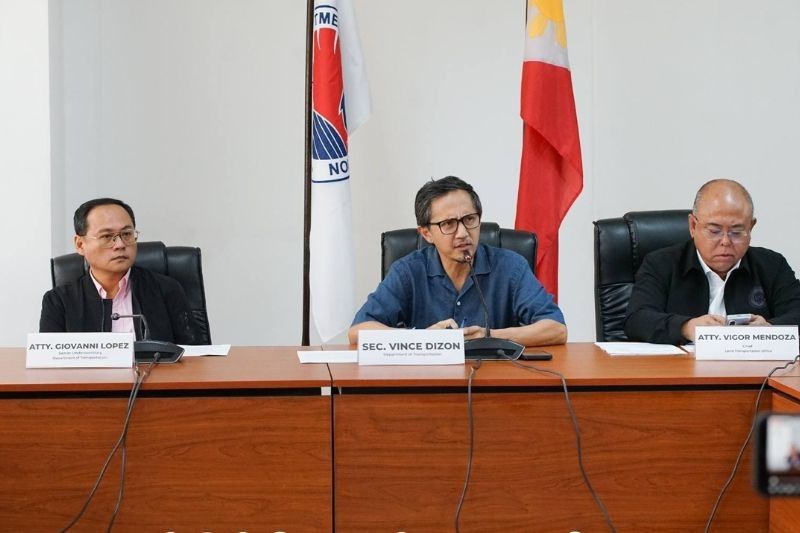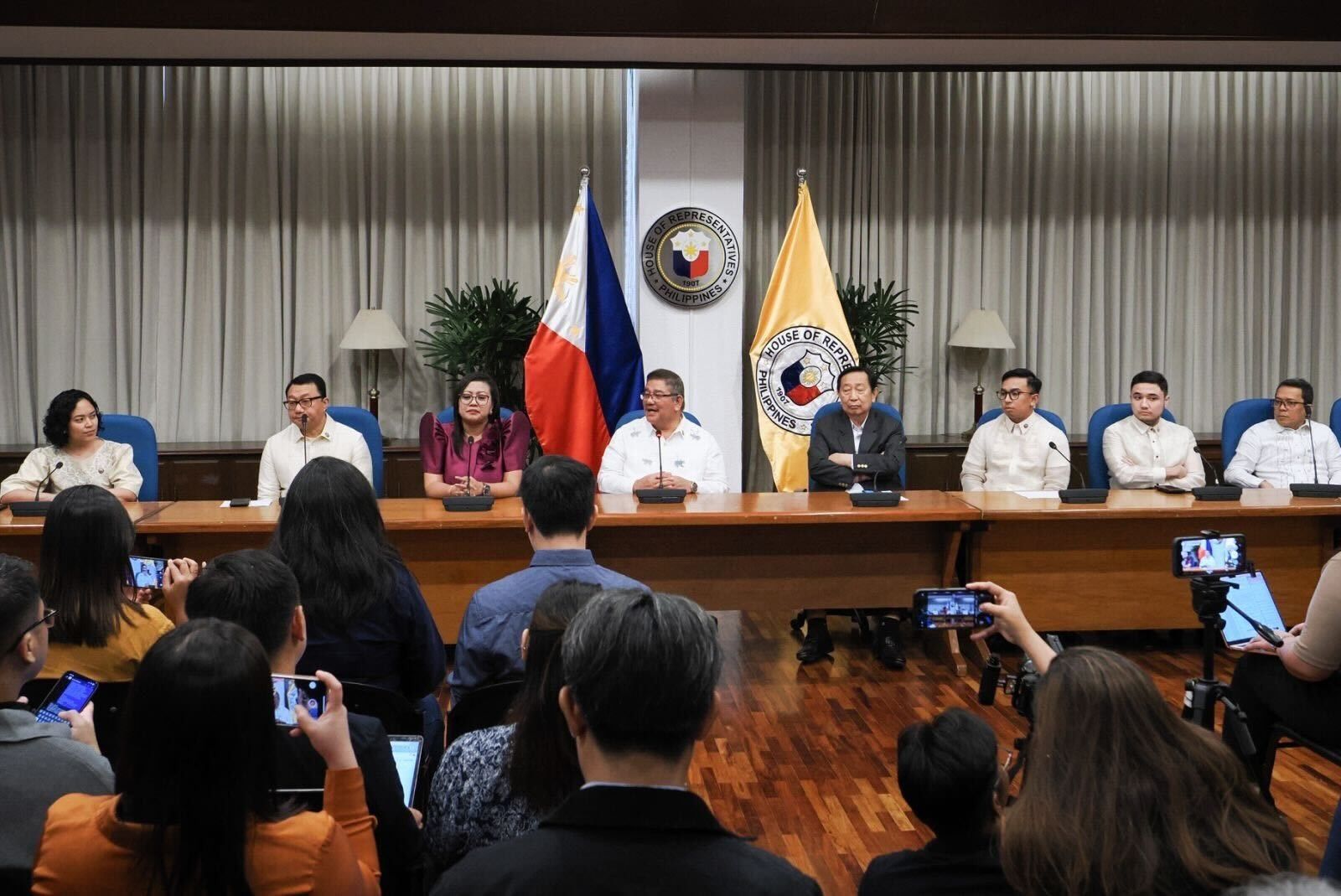
Upgrade to High-Speed Internet for only ₱1499/month!
Enjoy up to 100 Mbps fiber broadband, perfect for browsing, streaming, and gaming.
Visit Suniway.ph to learn
Groups march from the Manila Film Center to the gates of the Senate building in Pasay yesterday, calling for the immediate start of the impeachment trial of Vice President Sara Duterte.
The STAR / Edd Gumban
MANILA, Philippines — The Philippine Constitution Association (Philconsa), widely recognized as experts in constitutional law, criticized the Senate's decision to return the impeachment complaint against Vice President Sara Duterte to the House of Representatives.
Philconsa urged the Senate to proceed with the impeachment trial, reminding senators that accountability of public officials should not be obstructed by technicalities or political interests.
“At stake is not merely the fate of one official, but the integrity of the Constitution itself. Impeachment is the people’s mechanism to enforce Accountability of Public Officials. It must not be thwarted by procedural invention or partisan maneuver,” former Chief Justice Reynato Puno, chairman of the Philconsa, said in a statement.
The action of the Senate, according to Philconsa, "raises grave constitutional questions and challenges the integrity of the impeachment process," risking a "grave abuse of discretion.”
Citing the Supreme Court ruling, Republic v. Sandiganbayan, the group said that once the Senate gains jurisdiction as an impeachment court upon receiving the articles of impeachment, "that jurisdiction cannot be lost or suspended by mere procedural acts.”
“This principle of continuing jurisdiction applies with full force to the Impeachment Court — a doctrine reinforced by established practice, including the Clinton Impeachment trial before the U.S. Senate, whose model our own impeachment process follows,” the group’s statement read.
Philconsa, through Puno, raised the following concerns due to the Senate’s return of the articles of impeachment:
- Grave Abuse of Discretion - Whether the Senate unlawfully suspended its jurisdiction, already validly acquired as an Impeachment Court.
- Encroachment on the House's Exclusive Power - Whether requiring the House to certify compliance with the one-year ban infringes upon the House's sole prerogative under Article XI, Section 3 of the Constitution.
- Circumlocutory Delay - Whether imposing novel requirements not found in the Constitution or Senate Rules constitutes a circumlocutory device designed to delay or defeat the trial.
- Due Process and Impartiality - Whether raising possible defenses on behalf of the Respondent compromises the impartiality of the Senate as an Impeachment Court.
- Fundamental Question of Law - Is the mere lack of certification from the House of Representatives sufficient to justify remand of the case and suspension of trial? Philonsa submits that no such requirement exists under the Constitution or established impeachment practice. To create such a requirement ex post facto undermines both the separation of powers and the rule of law.
What happened. On June 10, the Senate voted 18-5 to send the articles of impeachment back to the House of Representatives, over a month after receiving the complaint. However, this action did not constitute a dismissal or termination of the case.
This move was criticized by legal experts, who said the Senate has no job but to proceed with the impeachment trial.
They also pointed out that it is only the Supreme Court that can decide if the processes in the impeachment are constitutional or not.
RELATED: Senate’s job is to try Duterte, not question constitutionality, says framer
On February 5, the House of Representatives impeached Duterte, with over 200 congressmen endorsing the verified complaint against her.
The vice president is accused of various serious offenses, including betrayal of public trust, culpable violation of the Constitution, graft and corruption and other crimes.

 1 day ago
6
1 day ago
6



